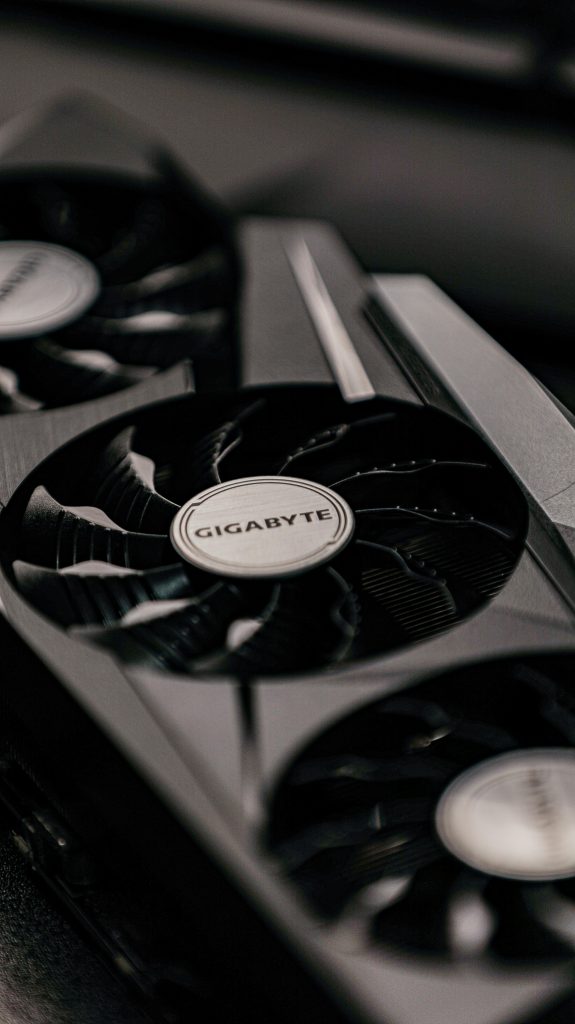Optimizing Laptop Storage for Gaming: Practical Solutions for Enhancing Capacity
In today’s digital landscape, managing storage efficiently is crucial, especially for avid gamers and students who rely on their laptops for both entertainment and academic pursuits. If you’re using a Lenovo IdeaPad 1—primarily for schoolwork and gaming—you’ve probably encountered limitations due to limited storage capacity. In this article, we’ll explore effective strategies to maximize your laptop’s storage without resorting to complex modifications.
Understanding Your Storage Constraints
Many budget-friendly laptops, like the Lenovo IdeaPad 1, come with modest storage capacities, often around 250 GB. Since this space can fill up quickly—particularly when dealing with large game files, updates, and other media—it’s essential to adopt strategies to optimize and expand your storage options.
Practical Approaches to Enhance Storage
-
Utilize External Storage Devices
-
External Hard Drives or SSDs: Investing in an external drive offers a significant boost in storage space. Modern external SSDs provide fast transfer speeds, making them suitable for gaming and data backups. Simply connect via USB, and you can store or run games directly from the drive if the system supports it.
-
USB Flash Drives: For occasional or less demanding storage needs, high-capacity USB drives can temporarily hold game files or backups. However, they might not be ideal for running games directly due to slower read/write speeds.
-
Leverage MicroSD Cards
-
Many laptops, including some Lenovo models, support microSD card slots. You can store media files, documents, or even some games on a high-capacity SD card. While microSD cards are slower than SSDs, they are an inexpensive way to increase storage space.
-
Cloud Storage Solutions
-
Cloud services like Google Drive, Dropbox, or OneDrive can be used to store documents, screenshots, or even game backups. While not suitable for actively running games, cloud storage is excellent for freeing up local space.
-
Manage Your Existing Files
-
Regularly review and delete unnecessary files, including old game trials or media that are no longer needed.
-
Use built-in tools to identify large files taking up space and relocate or remove them.
-
Game Storage and Installation Tips
-
If your laptop supports it, install games on external drives or SD cards to save internal storage.
- Consider downloading only essential updates locally and deleting temporary files post-update to save space.
Avoiding
Share this content:



